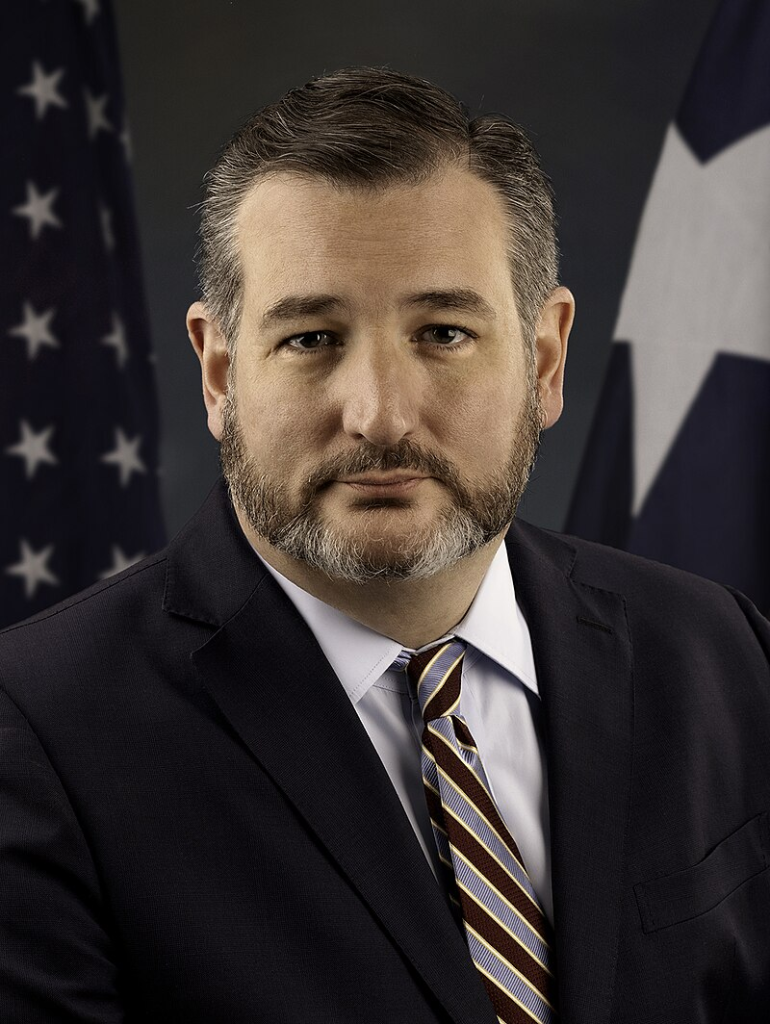
It’s not every Tuesday evening that a late-night monologue serves as a civics lesson but Jimmy Kimmel’s tearful comeback to ABC following a four-day suspension did just that. Choking back tears in front of his studio crowd, Kimmel insisted, “This show is not important.” What matters is that we get to be in a nation that lets us enjoy a show like this. His statement followed a week-long firestorm over comments regarding the murder of conservative activist Charlie Kirk, a suspension that many regard as a flashpoint in the long struggle over government control, corporate obedience, and what constitutes political satire.

1. The Remark That Lit the Fuse
The row started when Kimmel informed the audience, “We reached some new lows over the weekend with the MAGA crew struggling to describe this kid who killed Charlie Kirk as anything but one of them and doing their best to gain political mileage out of it.” He also ridiculed President Trump’s process of grieving by saying, “This is how a four-year-old mourns a goldfish.” Hours later, FCC Chairman Brendan Carr, a Trump appointee, condemned the remarks as “the sickest behavior possible” and threatened ABC that they could do this the easy way or the hard way.

2. FCC Pressure and the Threat Power
Carr’s remarks spoken on a right-wing podcast were broadly understood to be a veiled threat to ABC’s broadcast licenses. Though the FCC hardly ever revokes licenses and has no power over national networks, it does license local affiliates. That leverage is powerful in mergers, such as Nexstar’s proposed $6.2 billion purchase of Tegna. As FCC Commissioner Anna Gomez succinctly expressed it, “We don’t have the power to actually take these actions, but it’s the threat of the enforcement that is the point.”

3. Corporate Calculations and Affiliate Fallout
Nexstar and Sinclair, two of the largest ABC affiliate owners in the US, soon said they would preempt “Jimmy Kimmel Live!” Nexstar labeled his statements “offensive and insensitive,” while Sinclair called for an apology and contribution to Kirk’s family. Both businesses have cases pending before the FCC, so Carr’s public statements are particularly impactful.

4. Trump’s Escalation
President Trump escalated the pressure, writing on Truth Social, “I can’t believe ABC Fake News gave Jimmy Kimmel his job back,” and recommending that ABC’s license “should be revoked.” He linked the controversy to ABC’s earlier $16 million settlement of a defamation suit he had brought, suggesting that pursuing the network could be “even more profitable.”

5. Public and Industry Pushback
The suspension sparked protests from Times Square to Hollywood Boulevard. At a protest outside Kimmel’s studio, Rep. Laura Friedman proclaimed, “This is not a partisan issue. It is an American issue.” Over 430 performers, including Tom Hanks and Meryl Streep, signed an ACLU letter denouncing the suspension as “a dark moment for freedom of speech.” Comedians ranging from Stephen Colbert to Marc Maron spoke out in solidarity, with Maron cautioning, “This is what authoritarianism looks like right now.”

6. Political Satire’s Historical Echoes
From Charlie Chaplin’s “The Great Dictator” to George Carlin’s obscenity wars, comedians have been challenging the limits of free speech for decades. Globally, satire has been one of the first casualties in totalitarian regimes Russia’s banned puppet show “Kukly” to Iranian stand-up suppression. As Jon Stewart once quipped, “When a society is under threat, comedians are the ones who get sent away first.”

7. The Jawboning Playbook
Scholars of the media observe that what happened to Kimmel is part of a pattern of “jawboning” when government officials make public threats to persuade private companies without bringing them to court. The ACLU cautioned, “The Trump administration’s behavior, coupled with ABC’s surrender, poses a serious threat to our First Amendment liberties.” First Amendment lawyer Adam Steinbaugh said Carr’s remarks were “a very stark example of government pressure on private speakers to chill speech.”

8. A Bipartisan Issue At Least in Theory
Some Republicans themselves even complained about Carr’s methods. Sen. Ted Cruz compared them to a scene “right out of Goodfellas,” and Sen. Mitch McConnell stated, “You don’t have to like what somebody says on TV to agree that the government shouldn’t be getting involved here.” Experts caution that the same methods applied today can be used by future administrations of any party.

9. The Stakes for Democracy and Culture
The debate is not about one host’s employment it’s about whether political satire is still a safe space for dissent. According to FCC veteran Andrew Jay Schwartzman, no major broadcaster has ever lost a license over content since the 1980s, but threats can impose a chilling effect that pushes broadcasters toward self-censorship long before any court fight. Harvard’s Archon Fung put it simply “Freedom of expression is so valuable, particularly in a democracy, because it enables a broad-brush process of attempting to determine what is true.”
Kimmel, in turn, ended his comeback monologue with appreciation for the audience and a shot at his foes “You almost have to feel sorry for him he tried his best to cancel me.” Whether or not people view this as a triumph of free speech or an ominous portent of things to come, the week’s events have left an indelible stamp on the nexus of comedy, politics, and power.


